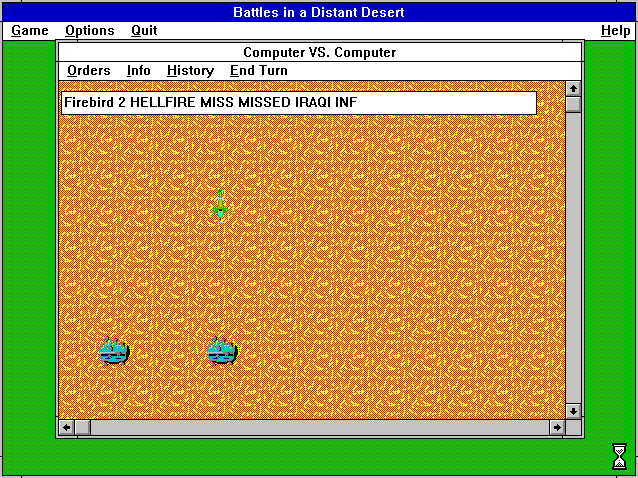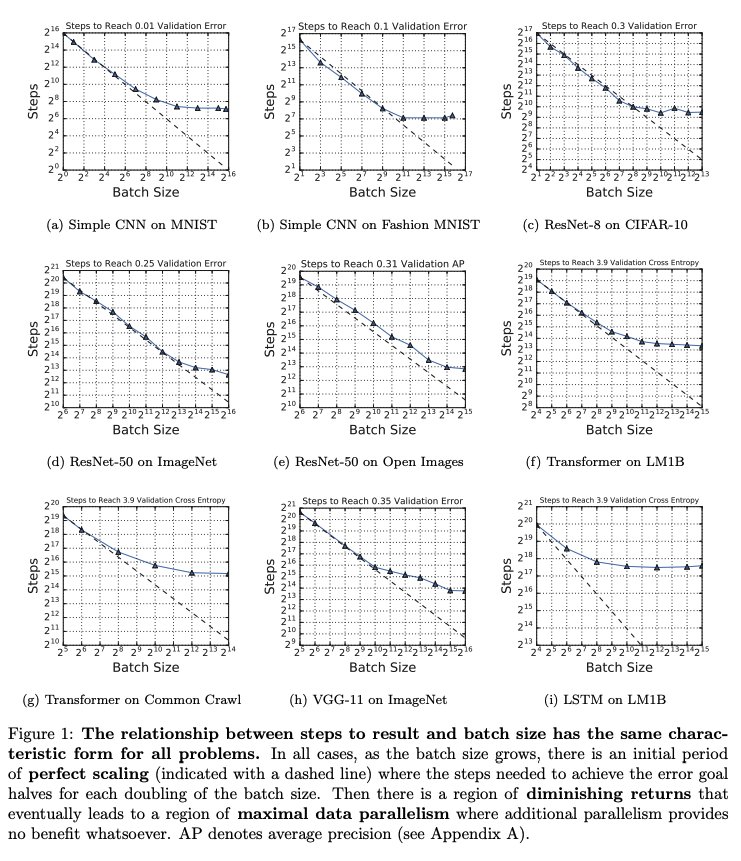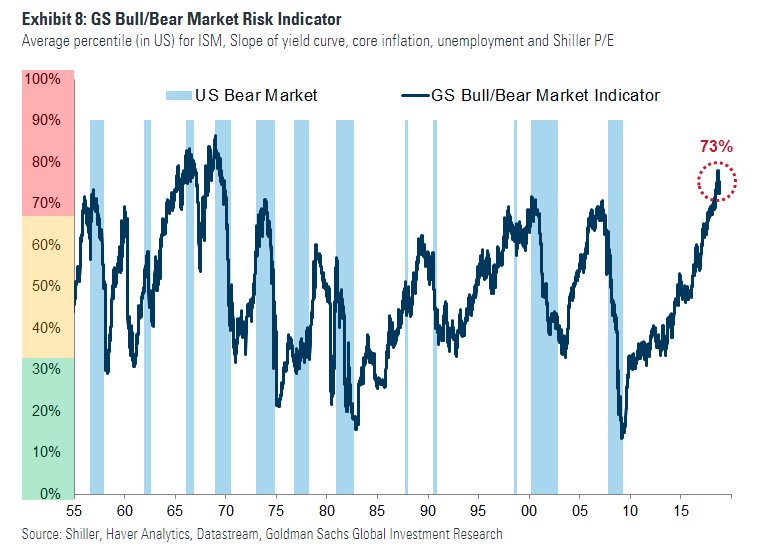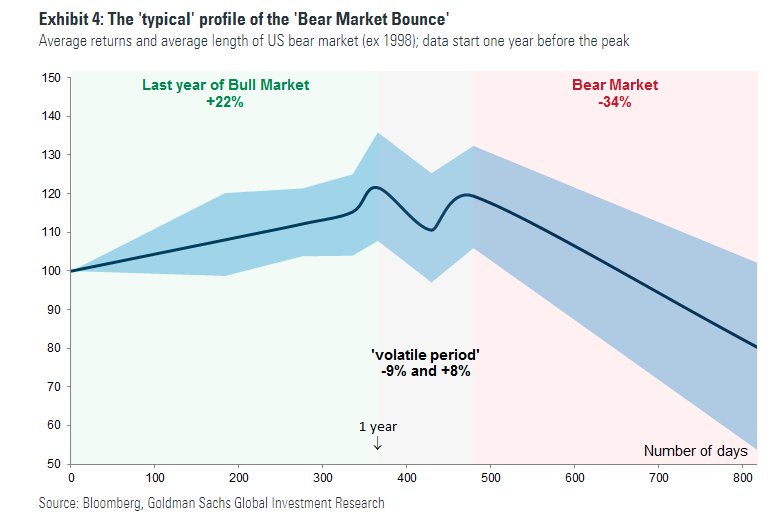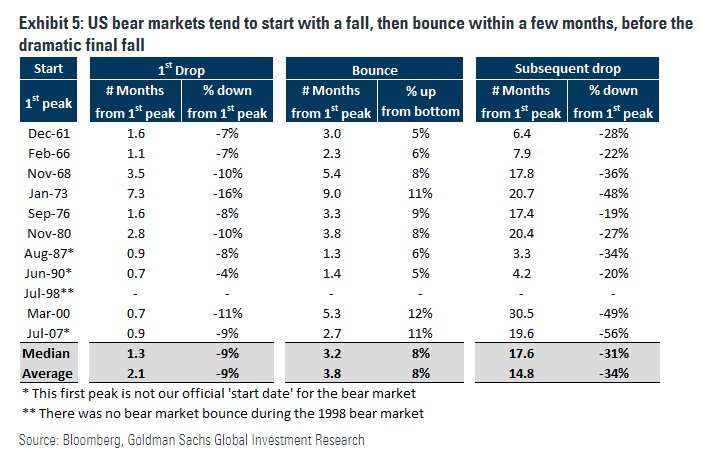1/9 Impeachment fun fact: sitting Congressman #AlceeHastings, participating in current #impeachment, was himself impeached. He was fed judge convicted on 8 articles related to bribery/lying under oath. 4-years later, he was in #Congress. Following is from
More from Politics
OK. The Teams meeting that I unsuccessfully evaded (and which was actually a lot of fun and I'm really genuinely happy I was reminded to attend) is over, so let's take another swing at looking at the latest filings from in re Gondor.
As far as I can tell from the docket, this is the FOURTH attempt in a week to get a TRO; the question the judge will ask if they ever figure out how to get the judge's attention will be "couldn't you have served by now;" and this whole thing is a
The memorandum in support of this one is 9 pages, and should go pretty quick.
But they still haven't figured out widow/orphan issues.
https://t.co/l7EDatDudy

It appears that the opening of this particular filing is going to proceed on the theme of "we are big mad at @SollenbergerRC" which is totally something relevant when you are asking a District Court to temporarily annihilate the US Government on an ex parte basis.

Also, if they didn't want their case to be known as "in re Gondor" they really shouldn't have gone with the (non-literary) "Gondor has no king" quote.

Oh myyyyyyyyyy
— Mike Dunford (@questauthority) January 25, 2021
Good morning, followers of frivolous election-related litigation - new filings in Seditionists v 117th Congress et al. (aka in re Gondor)
I've really got to get stuff done, but there's time for a really quick overview.
As far as I can tell from the docket, this is the FOURTH attempt in a week to get a TRO; the question the judge will ask if they ever figure out how to get the judge's attention will be "couldn't you have served by now;" and this whole thing is a
The memorandum in support of this one is 9 pages, and should go pretty quick.
But they still haven't figured out widow/orphan issues.
https://t.co/l7EDatDudy

It appears that the opening of this particular filing is going to proceed on the theme of "we are big mad at @SollenbergerRC" which is totally something relevant when you are asking a District Court to temporarily annihilate the US Government on an ex parte basis.

Also, if they didn't want their case to be known as "in re Gondor" they really shouldn't have gone with the (non-literary) "Gondor has no king" quote.

You May Also Like
Funny, before the election I recall lefties muttering the caravan must have been a Trump setup because it made the open borders crowd look so bad. Why would the pro-migrant crowd engineer a crisis that played into Trump's hands? THIS is why. THESE are the "optics" they wanted.
This media manipulation effort was inspired by the success of the "kids in cages" freakout, a 100% Stalinist propaganda drive that required people to forget about Obama putting migrant children in cells. It worked, so now they want pics of Trump "gassing children on the border."
There's a heavy air of Pallywood around the whole thing as well. If the Palestinians can stage huge theatrical performances of victimhood with the willing cooperation of Western media, why shouldn't the migrant caravan organizers expect the same?
It's business as usual for Anarchy, Inc. - the worldwide shredding of national sovereignty to increase the power of transnational organizations and left-wing ideology. Many in the media are true believers. Others just cannot resist the narrative of "change" and "social justice."
The product sold by Anarchy, Inc. is victimhood. It always boils down to the same formula: once the existing order can be painted as oppressors and children as their victims, chaos wins and order loses. Look at the lefties shrieking in unison about "Trump gassing children" today.
Funny there are those who think these migrant caravans were a FANTASTIC idea that's going to take the immigration issue away from you.
— Brian Cates (@drawandstrike) November 26, 2018
Like several weeks watching a rampaging horde storm the fences & throw rocks at our border patrol agents & getting gassed = great optics!
This media manipulation effort was inspired by the success of the "kids in cages" freakout, a 100% Stalinist propaganda drive that required people to forget about Obama putting migrant children in cells. It worked, so now they want pics of Trump "gassing children on the border."
There's a heavy air of Pallywood around the whole thing as well. If the Palestinians can stage huge theatrical performances of victimhood with the willing cooperation of Western media, why shouldn't the migrant caravan organizers expect the same?
It's business as usual for Anarchy, Inc. - the worldwide shredding of national sovereignty to increase the power of transnational organizations and left-wing ideology. Many in the media are true believers. Others just cannot resist the narrative of "change" and "social justice."
The product sold by Anarchy, Inc. is victimhood. It always boils down to the same formula: once the existing order can be painted as oppressors and children as their victims, chaos wins and order loses. Look at the lefties shrieking in unison about "Trump gassing children" today.
I think a plausible explanation is that whatever Corbyn says or does, his critics will denounce - no matter how much hypocrisy it necessitates.
Corbyn opposes the exploitation of foreign sweatshop-workers - Labour MPs complain he's like Nigel
He speaks up in defence of migrants - Labour MPs whinge that he's not listening to the public's very real concerns about immigration:
He's wrong to prioritise Labour Party members over the public:
He's wrong to prioritise the public over Labour Party
One of the oddest features of the Labour tax row is how raising allowances, which the media allowed the LDs to describe as progressive (in spite of evidence to contrary) through the coalition years, is now seen by everyone as very right wing
— Tom Clark (@prospect_clark) November 2, 2018
Corbyn opposes the exploitation of foreign sweatshop-workers - Labour MPs complain he's like Nigel
He speaks up in defence of migrants - Labour MPs whinge that he's not listening to the public's very real concerns about immigration:
He's wrong to prioritise Labour Party members over the public:
He's wrong to prioritise the public over Labour Party







